Politics News — Daily Africa Global News
You need a straight, quick window into politics across Africa and the wider world. Our Politics section gives daily reporting on elections, protests, policy shifts, and top leaders. We explain what matters, why it matters, and what could change next. Expect clear summaries, reliable sources, and context that connects local events to global trends.
We cover elections from Cape Town to Cairo, debates in London, and diplomatic moves that affect trade and security. Read analysis on leadership changes, coalition talks, and court challenges. Follow stories about youth movements, labour disputes, and human rights battles. We track policy decisions on the economy, health, and migration so you can see how they affect real people.
How we report: reporters on the ground, interviews with officials, and concise explainers for complex issues. We highlight key quotes, timelines, and what to watch. Each piece links to related coverage so you can follow developments as they unfold. If a story needs background, we provide a short explainer to bring you up to speed quickly.
Why this matters now: politics shapes daily life — jobs, safety, and public services. Elections can change policy overnight, while court rulings and protests can redraw the public agenda. Knowing the basics helps you make better decisions as a voter, activist, or concerned citizen. Our goal is to give facts and useful perspective without the noise.
Featured topics
Election campaigns and results: clear updates and winner notices. Government and opposition: policy fights, resignations, and new appointments. Security and defence: deployments, protests, and peace talks. Rights and social issues: court rulings, hate speech cases, and civil liberties. Economy and policy: budgets, reforms, and impacts on everyday life.
How to follow
Sign up for our politics newsletter to get short daily summaries. Bookmark this page for live updates on major stories. Use the tags on each article to find follow-ups fast. When a big story breaks, we publish quick facts, then a deeper report with verified details. If you want alerts about a specific country or topic, set preferences in your account.
We aim to be fast, fair, and useful. If you spot an error or have a tip, email our newsroom. We check facts and update stories when new information appears. Thanks for reading — stay informed and ask questions. Your voice matters in politics.
On this page you'll find recent stories and reactions from across the continent. Read sharp takes on high-profile moments like celebrity political comments, controversies around religious offerings, and major proposals for constitutional change. We follow debates from Nigeria's calls for a single six-year term to South Africa's shifting coalition talks. You can also track protests, court challenges over hate speech, and cross-border diplomatic rows. Each article links to the original reporting and related analysis so you can go deeper. Use the search or filters to narrow by country, topic, or date. That makes it easy to follow the stories that matter to you.
Bookmark us, share tips, and join the discussion often. Today.
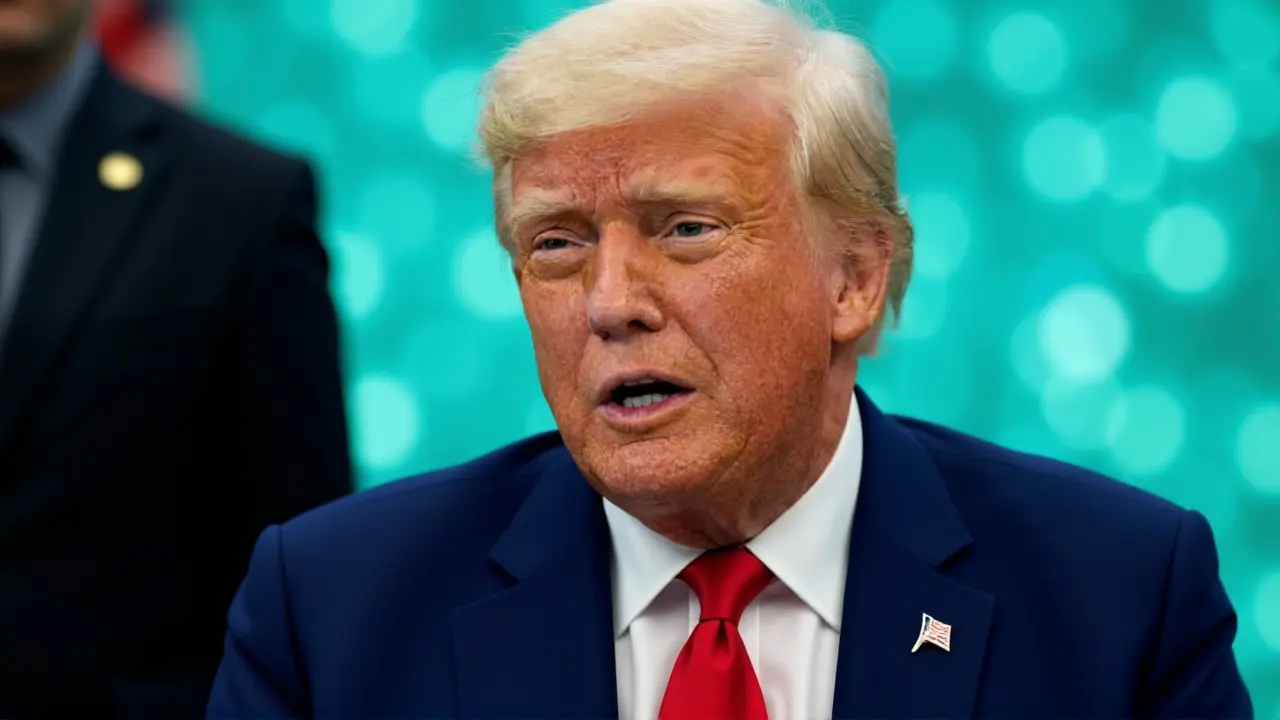
Trump Secures $2 Trillion in Gulf Pledges During Controversial Middle East Trip
Donald Trump secured over $2 trillion in investment pledges from Saudi Arabia, UAE, and Qatar during a controversial May 2025 Middle East trip, excluding Israel and lifting Syria sanctions, sparking debate over real economic impact vs. political theater.
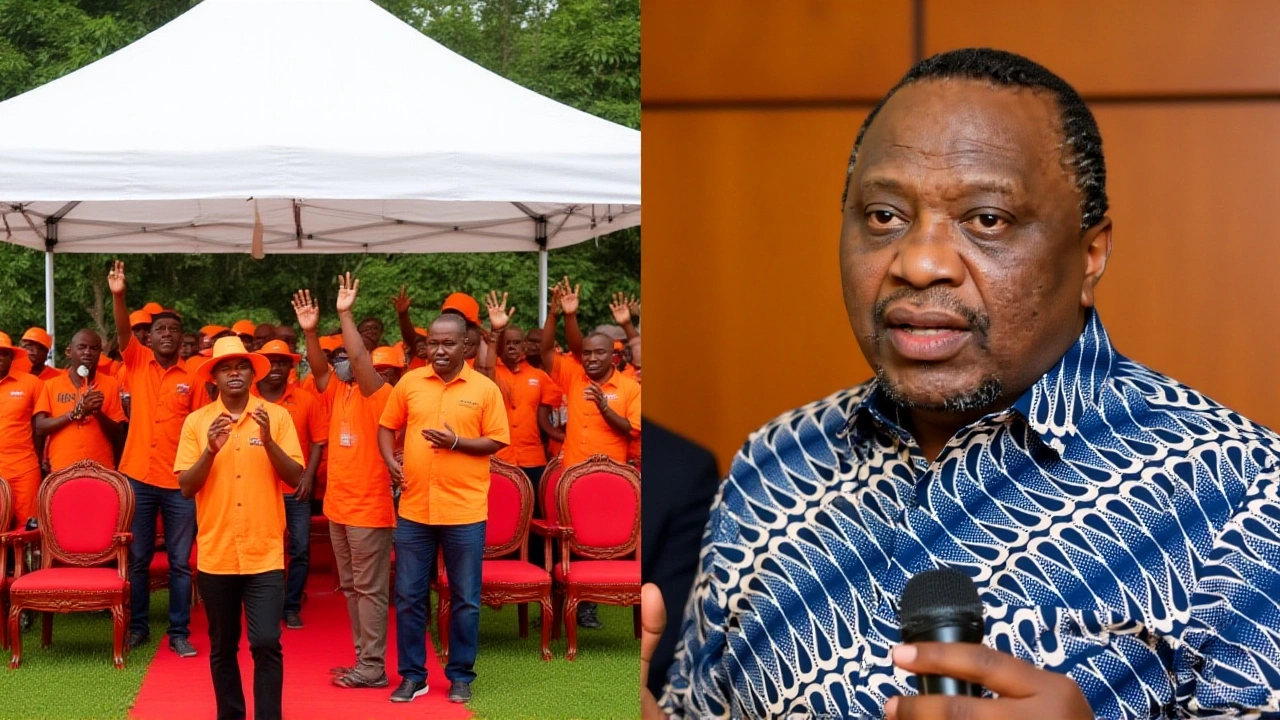
Uhuru Urges ODM to Carry Forward Raila’s Fight for Democracy After Death
Former President Uhuru Kenyatta urged ODM to uphold Raila Odinga’s legacy of democracy and inclusion after his death, as the party gathers in Mombasa to mark 20 years without its iconic leader.

Tinubu Grants Presidential Pardon to 175 Nigerians, Including Macaulay, Vatsa, Lawan
President Bola Tinubu pardons 175 Nigerians, including historic figures Herbert Macaulay and Mamman Vatsa, citing mercy and rehabilitation. The move impacts inmates, families, and justice reform.
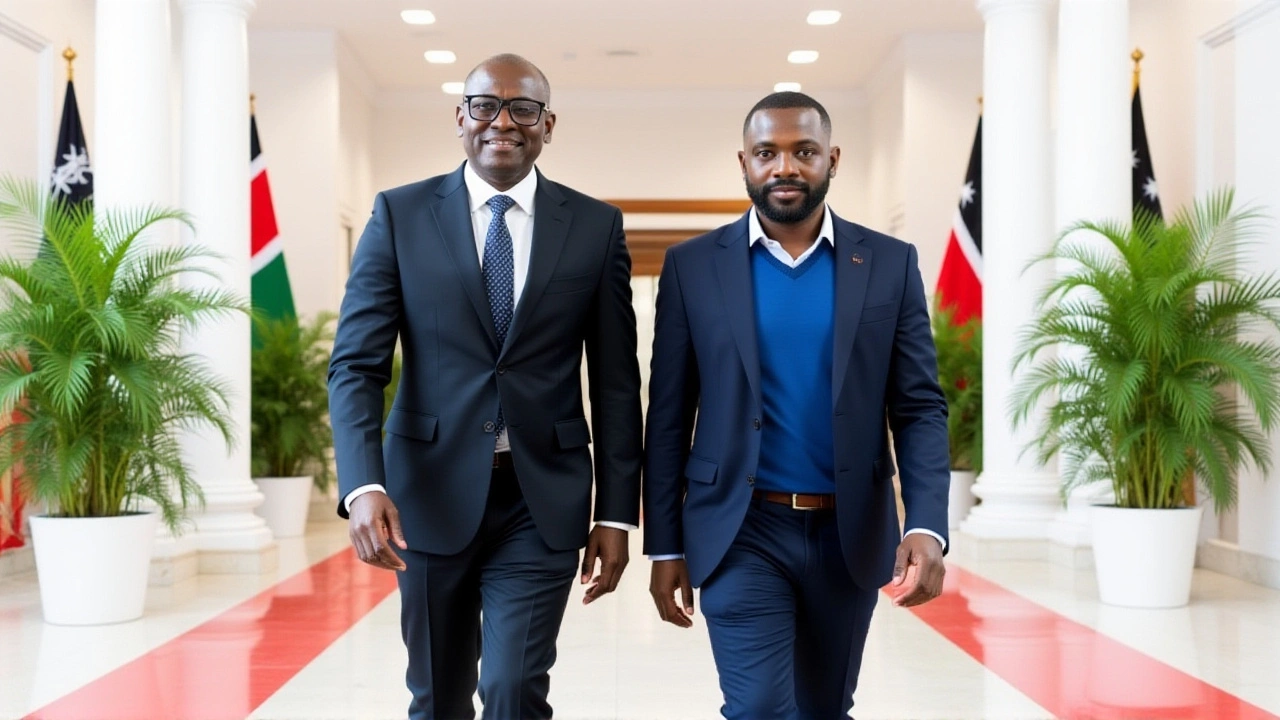
Ruto’s Kabarak Visit Marks New Reconciliation with Gideon Moi’s KANU
President Ruto's wreath‑laying at Moi's Kabarak mausoleum sparks a new political reconciliation with Gideon Moi’s KANU, reshaping Kenya’s 2027 election dynamics.
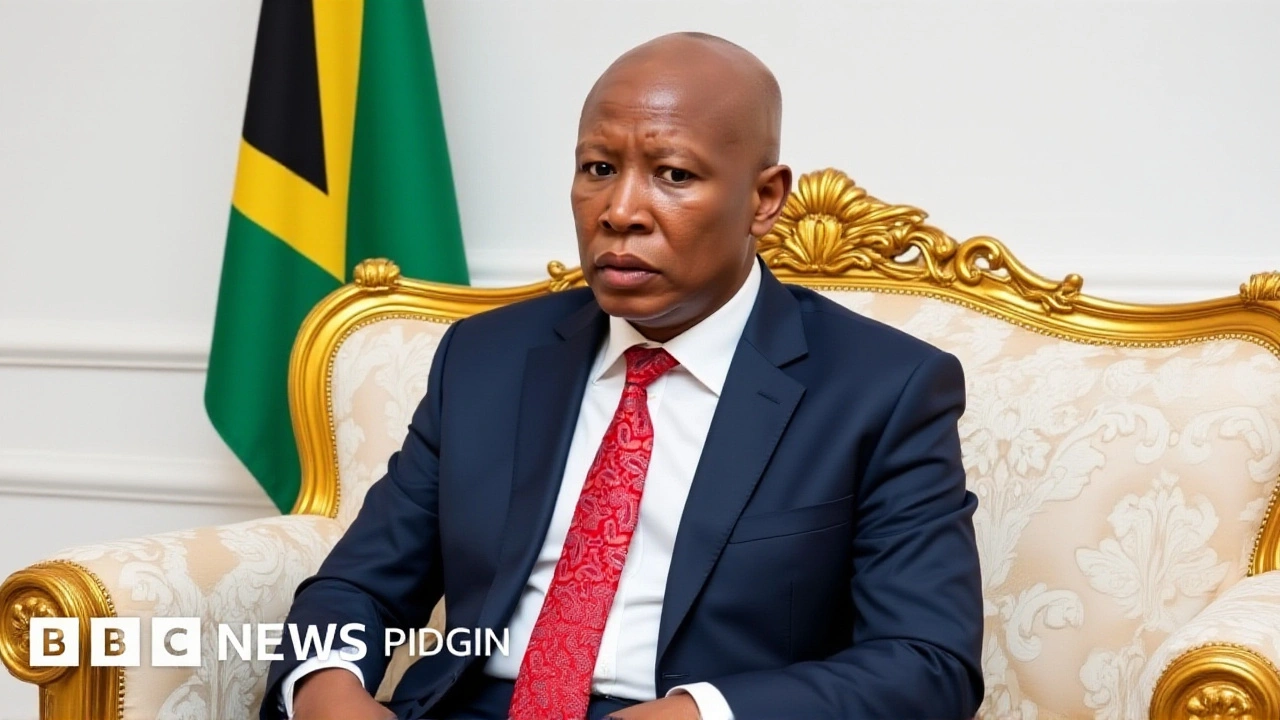
EFF to Appeal August 2025 Hate Speech Conviction of Julius Malema
EFF vows to appeal Julius Malema's August 2025 hate‑speech conviction, a case that could reshape South Africa's balance between free political speech and anti‑hate laws.
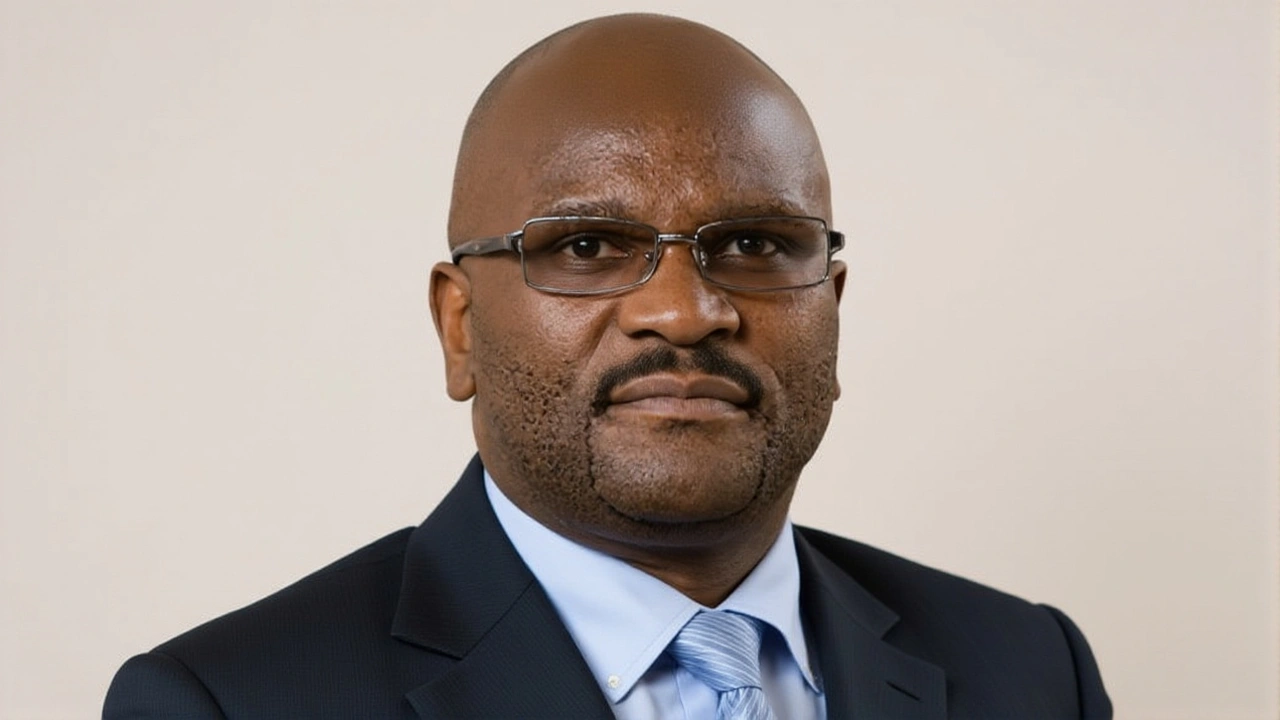
Minister Nathi Mthethwa Calls Xenophobia a Nation‑Building Barrier
Minister Nathi Mthethwa warns that xenophobia hinders South Africa's nation‑building, unveiling a DAC campaign and AU response after deadly 2015 attacks.
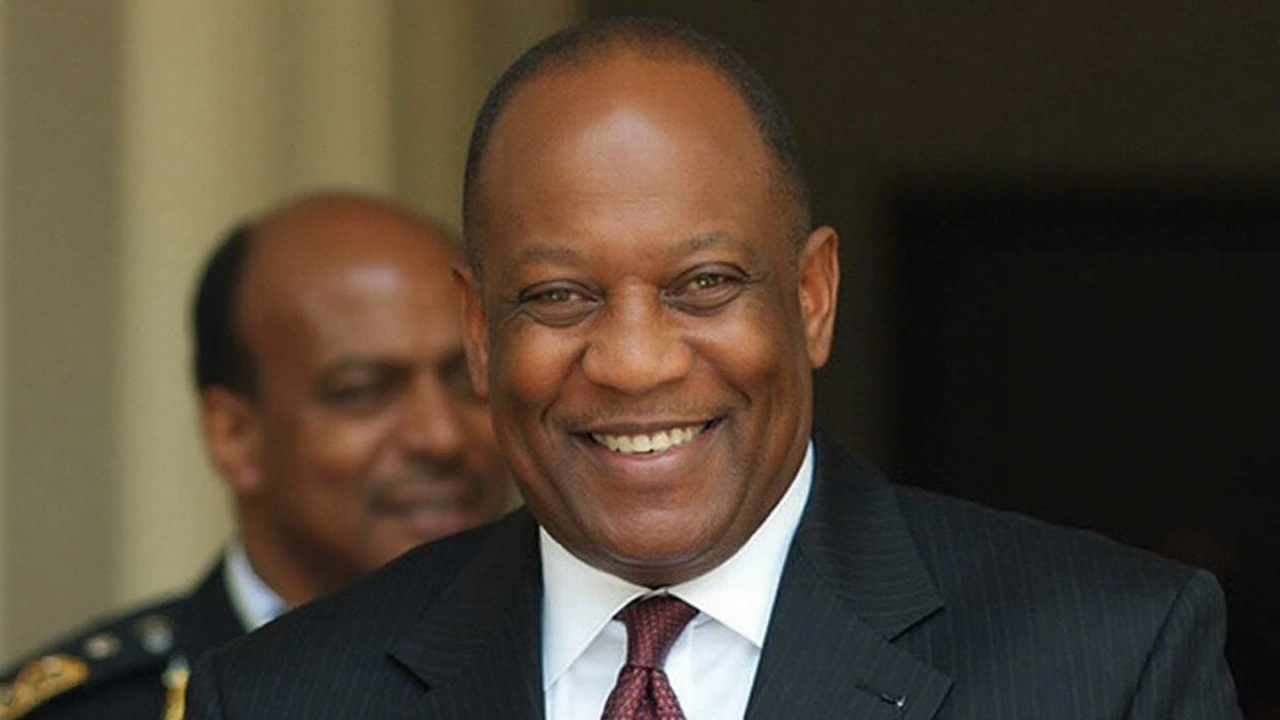
Jacob Zuma nepotism row: Thuthukile’s rapid rise to chief of staff sparks probe
A 2014 appointment put Jacob Zuma’s presidency under a fresh nepotism spotlight. His 25-year-old daughter Thuthukile became chief of staff to Minister Siyabonga Cwele, in a post not publicly advertised and paid nearly R1 million a year. Critics questioned her experience and the process. Complaints went to the Public Protector, and the Public Service Commission reviewed the case. She resigned in December 2015.

Mel Gibson Criticizes Kamala Harris, Claiming She Lacks Intelligence and Policies
Hollywood actor Mel Gibson recently stirred controversy with comments about Vice President Kamala Harris, accusing her of having a "miserable track record" and an "IQ of a fence post." Speaking at Los Angeles International Airport, Gibson, known for his offensive remarks, hinted at supporting Donald Trump in the upcoming election. His statements raise questions about Harris's mental fitness, echoing previous criticisms from Trump.
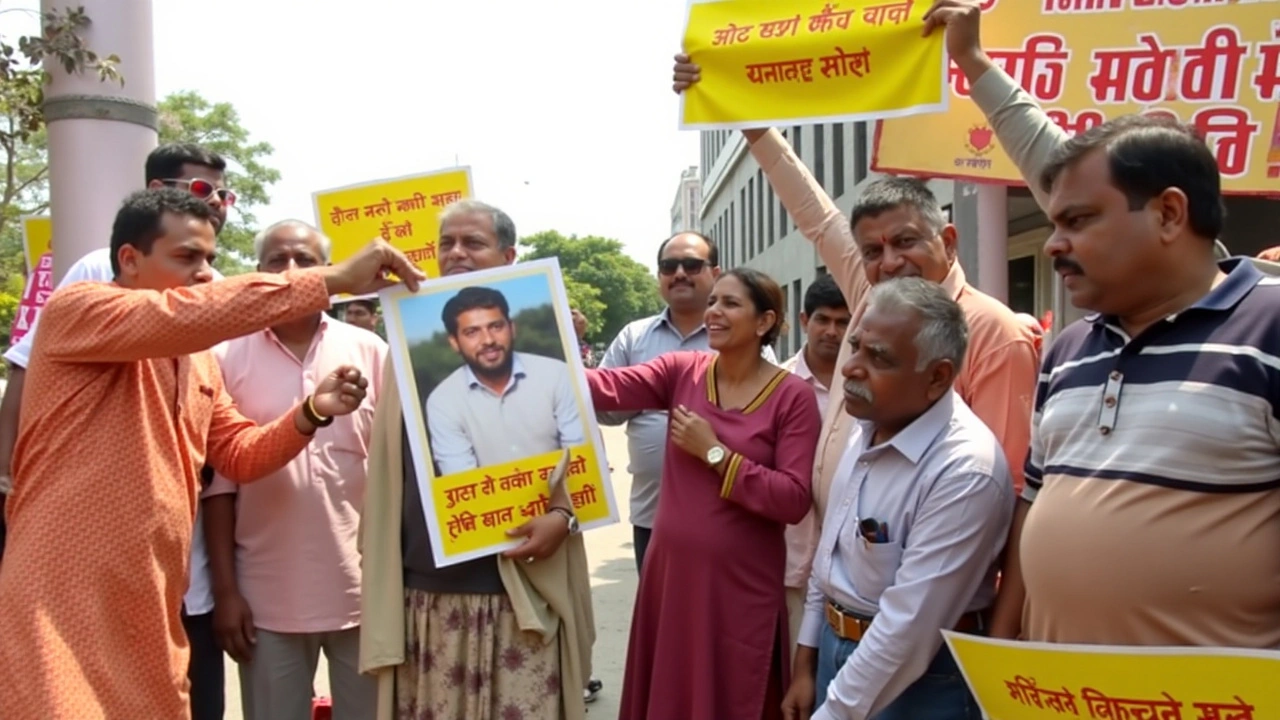
Controversy Erupts Over Alleged Use of Animal Fat in Tirupati Laddu Prasad Amid Political Tensions
Andhra Pradesh CM Chandrababu Naidu has sparked a controversy by alleging the use of animal fat in Tirupati Laddu prasadam during YSRCP regime. YSRCP leaders have denied the claims and demanded evidence. TTD has yet to issue an official statement amid heightened calls for transparency and religious fidelity.
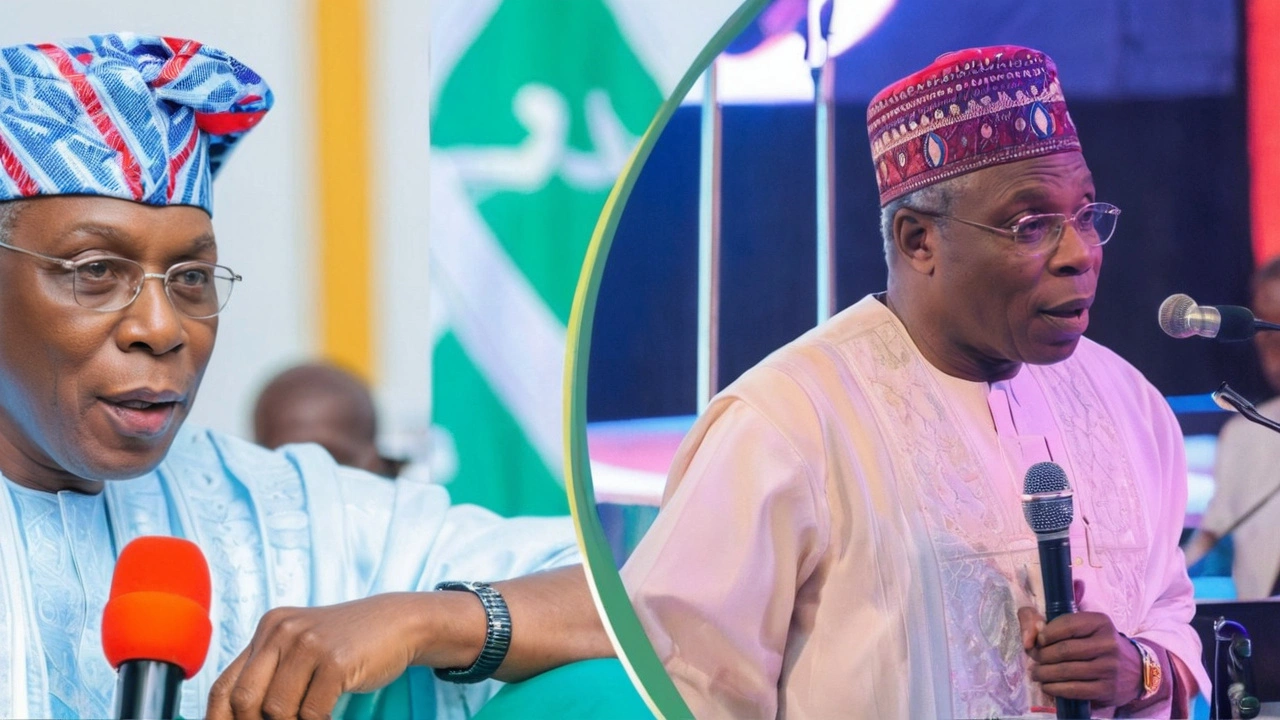
Olusegun Obasanjo Calls for Six-Year Presidential Term to Curb Political Instability in Nigeria
Former President Olusegun Obasanjo proposes a six-year single presidential term for Nigeria to reduce political tensions and improve stability. He criticized current leadership and identified those he believes should face criminal charges. His comments align with his long-standing efforts to promote political reforms and accountability.
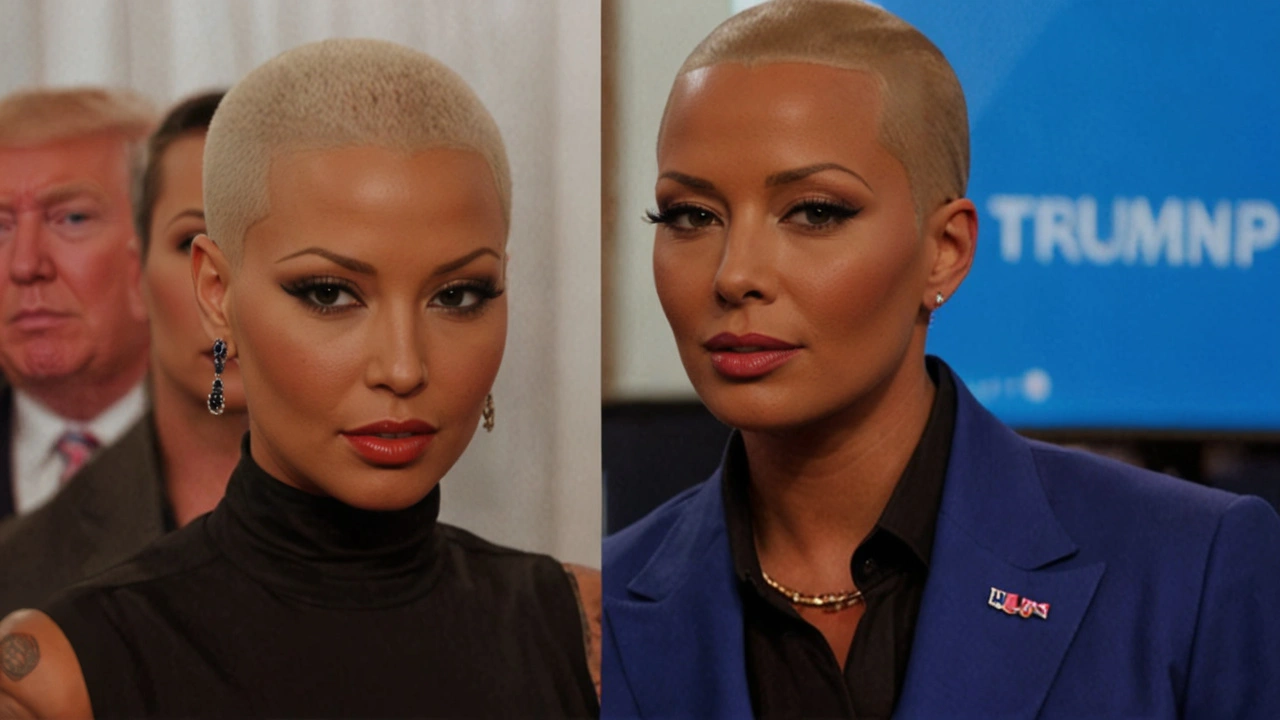
Amber Rose Takes the Stage at RNC to Endorse Donald Trump in 2024 Election
Model and celebrity Amber Rose made headlines by delivering a speech at the Republican National Convention (RNC) endorsing former President Donald Trump. Her endorsement has added fuel to the political landscape as the 2024 presidential election race heats up.

Anti-LGBTQ Complaint Targets Cameroonian President’s Daughter Brenda Biya After Her Brave Revelation
In a daring move that has captured national attention, Brenda Biya, daughter of Cameroon President Paul Biya, came out as a lesbian by posting a heartfelt photo with her girlfriend. The announcement has led to both support and backlash, including a formal complaint by an anti-LGBTQ group. The situation highlights the ongoing struggle for LGBTQ rights in Cameroon, where same-sex relations are criminalized.